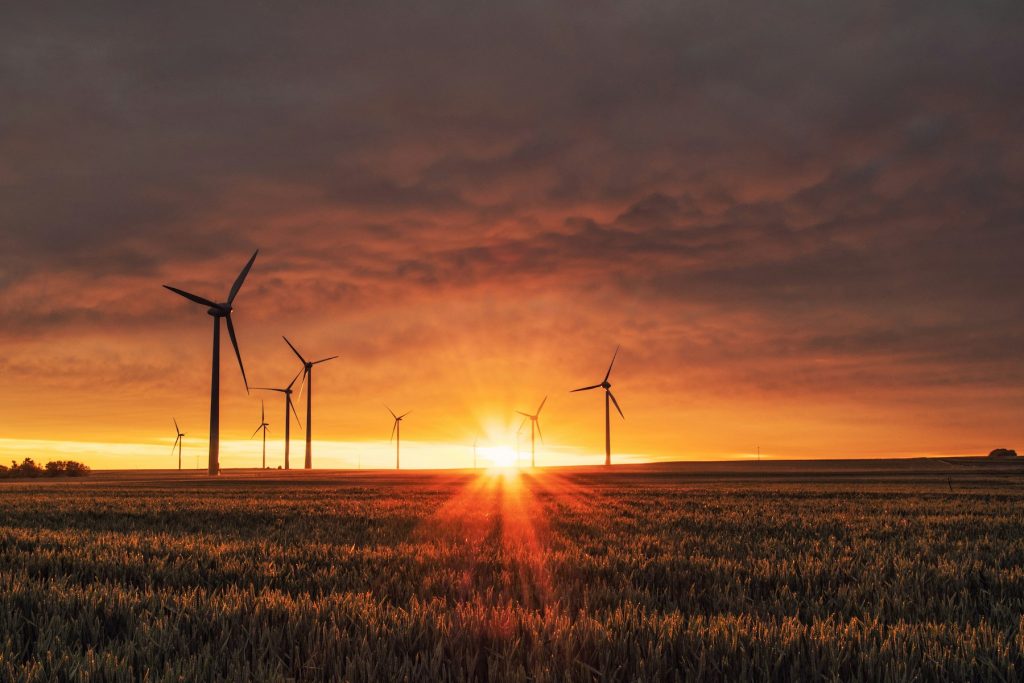In recent years, wind power has become increasingly cost-competitive and offers prospects for Sweden to phase out fossil fuels from the energy system. Many wind power projects are stalled, however, due to local opposition.
In an article recently published in the journal Energy Research and Social Science, Daniel Lindvall at Uppsala University and Patrik Sörqvist and Stephan Barthel at Gävle University explored if different types of financial compensation or democratic participation can enhance wind power acceptance, using a large-scale survey in Sweden. The study confirms that Swedes are very supportive of wind power. Nearly 75 percent of the respondents support the development of onshore wind farms. Still, one in four Swedes would not like to have wind turbines built near their homes.

The most effective policy option on general attitudes is to require wind power developers to pay property taxes to the host municipality. Those who are generally negative to wind power prefer, however, to receive personal financial compensation. While the results suggest that compensation could help mitigate resistance, negative attitudes towards wind power are primarily driven by ideological beliefs, low environmental concern, and a lack of political and governmental trust. Regardless of the type of compensation offered, individuals who express strong conservative ideological views (TAN-values) will most likely continue to resist wind power development.
The findings demonstrate that the proposals presented by Swedish government inquiry in 2023, Värdet av vinden, might help to enhance the support for wind power. Still, the article also demonstrates that there is no a silver bullet against negative attitudes to wind power.
The research was conducted within the research project Fairtrans, financed by Formas and Mistra.
Read the entire article: Lindvall D, Sörqvist P, Barthel S: Overcoming the headwinds: Can policy design shape public acceptance of wind power in Sweden? Energy Research & Social Science, Volume 116, 2024

